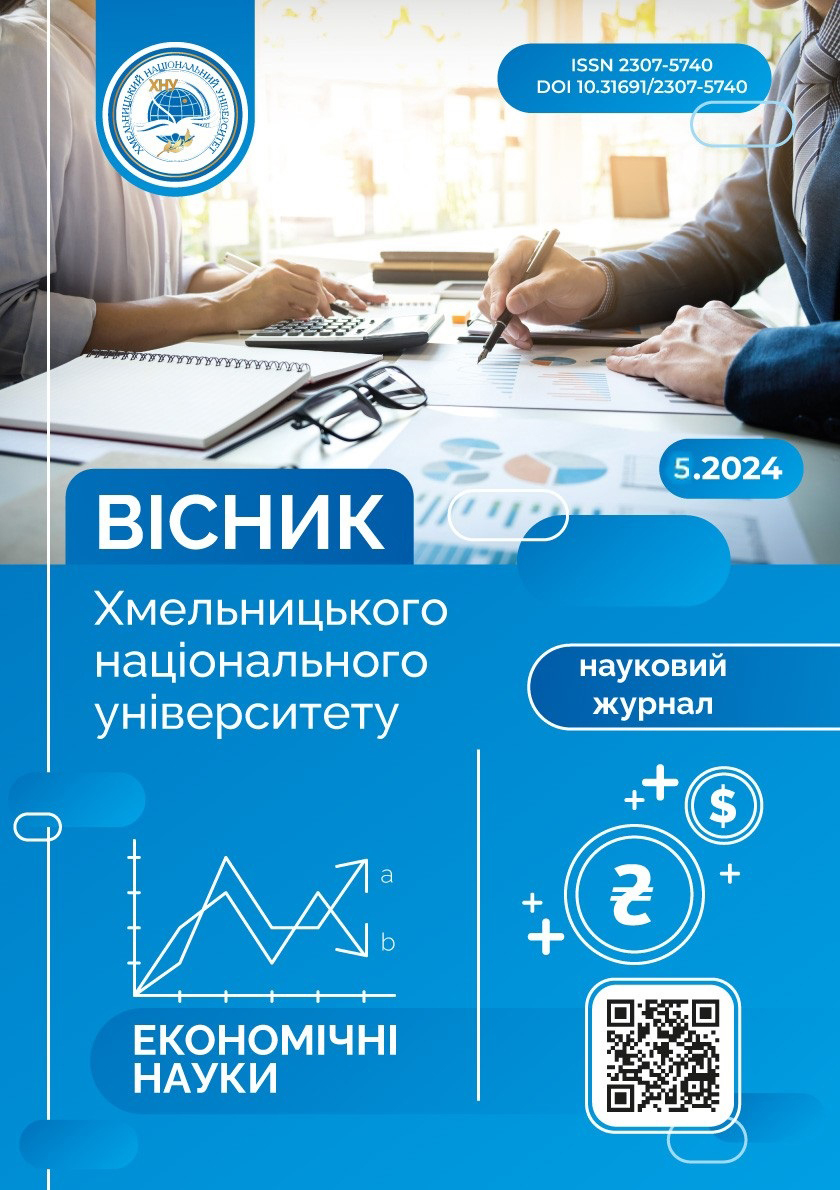AUTOMATION OF TAX PROCESSES AND THEIR IMPACT ON DECENTRALIZED MODELS OF PUBLIC FINANCE MANAGEMENT
DOI:
https://doi.org/10.31891/2307-5740-2024-334-31Keywords:
tax process automation, public finance, decentralization, blockchain, artificial intelligence, local budgets, digital transformationAbstract
The paper investigates the impact of tax process automation on decentralized public finance management models in Ukraine. The author analyses the relevance of this issue in the context of global digitalization and the challenges Ukraine faces amidst war and tax system reforms. The article examines successful international practices in tax process automation, particularly the experiences of Estonia, Georgia, and Kazakhstan. Based on the analysis of international experience, the author proposes a theoretical conceptual model of tax process automation that utilizes advanced technologies such as blockchain, artificial intelligence, and cloud computing. The model aims to create an integrated ecosystem of automated tax processes that ensures seamless information exchange, resource optimization, and improved quality of tax services. The author also analyses the potential benefits and challenges of implementing the proposed model under decentralization and martial law in Ukraine. The article emphasizes the importance of adapting the model to the specific needs of regions, ensuring cybersecurity, and developing the digital literacy of participants in tax relations. The author underscores that the successful implementation of the model requires comprehensive and systemic changes in public policy, as well as coordinated efforts from the government, business, civil society, and international partners.


